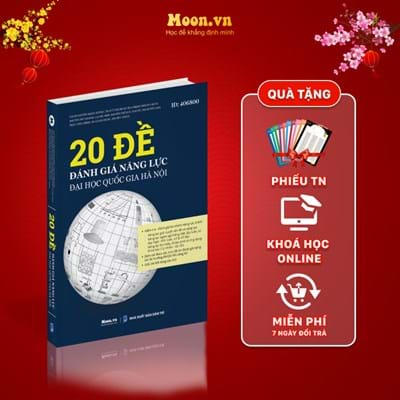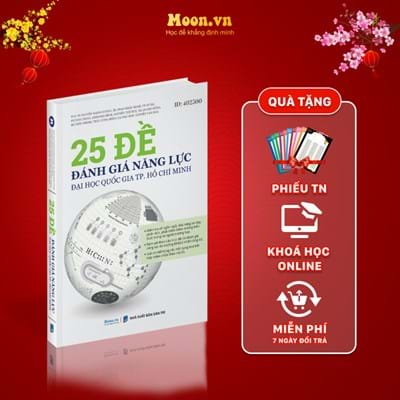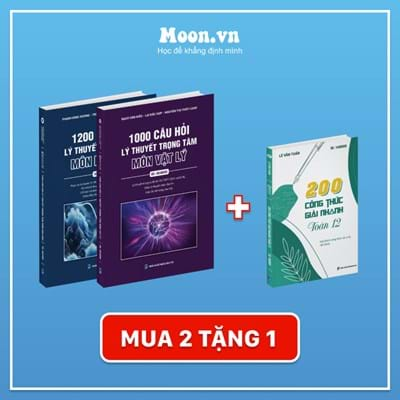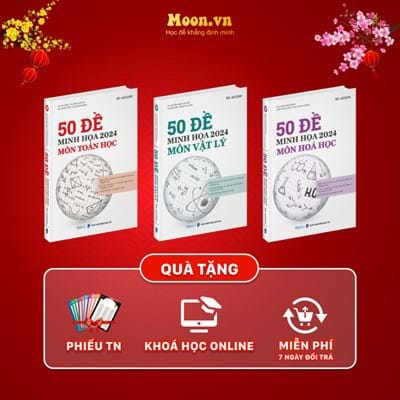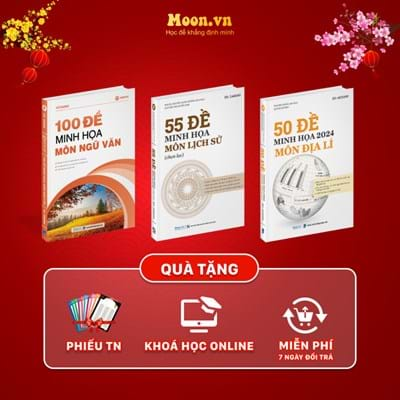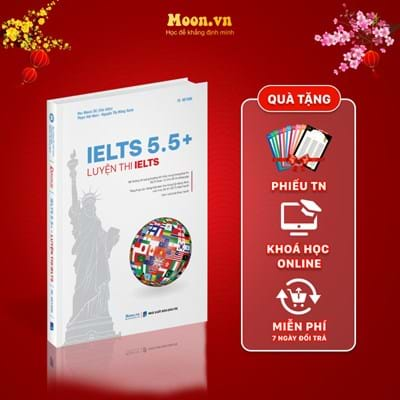What would be the author's response to those who say that poverty is noble?
(1) How a man uses money – makes it, saves it, and spends it is perhaps one of the best tests of practical wisdom. Although money ought by no means to be regarded as a chief end of man's life, neither is it a trifling matter, to be held in philosophic contempt, representing as it does to so large an extent, the means of physical comfort and social well-being. Indeed, some of the finest qualities of human nature are intimately related to the right use of money; such as generosity, honesty, justice, and self-sacrifice; as well as the practical virtues of economy and providence. On the other hand, there are their counterparts of avarice, fraud, injustice, and selfishness, as displayed by the inordinate lovers of gain; and abuse the means entrusted to them. “So that”, as it wisely observed by Henry Taylor in his thoughtful “Notes from Life”, “a right measure and manner in getting, saving, spending, giving, taking, lending, borrowing, and bequeathing, would almost argue a perfect man”.
(2) Comfort in worldly circumstances is a condition which every man is justified in striving to attain by all worthy means. It secures that physical satisfaction, which is necessary for the culture of the better part of his nature; and enables him to provide for those of his own household. Nor ought the duty to be any the less indifferent to us, that the respect which our fellow men entertain for us in no slight degree depends upon the manner in which we exercise the opportunities which present themselves for our honorable advancement in life. The very effort required to be made to succeed in life with this object, is of itself an education; stimulating a man's sense of self-respect, bringing out his practical qualities, and disciplining him in the exercise of patience, perseverance, and such like virtues. The provident and careful man must necessarily be a thoughtful man, for he lives mot merely for the present, but with provident forecast makes arrangements for the future. He must also be a temperate man, and exercise the virtues of self-denial, than which nothing is so much calculated to give strength to the character. John Sterling says truly, that “the worst education which teaches self denial is better than the best which traches everything else, and not that.” The Romans rightly employed the same word (virtus) to designate courage, which is in a physical sense what the other is in moral; the highest virtue of all being victory over ourselves.
(2) Comfort in worldly circumstances is a condition which every man is justified in striving to attain by all worthy means. It secures that physical satisfaction, which is necessary for the culture of the better part of his nature; and enables him to provide for those of his own household. Nor ought the duty to be any the less indifferent to us, that the respect which our fellow men entertain for us in no slight degree depends upon the manner in which we exercise the opportunities which present themselves for our honorable advancement in life. The very effort required to be made to succeed in life with this object, is of itself an education; stimulating a man's sense of self-respect, bringing out his practical qualities, and disciplining him in the exercise of patience, perseverance, and such like virtues. The provident and careful man must necessarily be a thoughtful man, for he lives mot merely for the present, but with provident forecast makes arrangements for the future. He must also be a temperate man, and exercise the virtues of self-denial, than which nothing is so much calculated to give strength to the character. John Sterling says truly, that “the worst education which teaches self denial is better than the best which traches everything else, and not that.” The Romans rightly employed the same word (virtus) to designate courage, which is in a physical sense what the other is in moral; the highest virtue of all being victory over ourselves.
What would be the author's response to those who say that poverty is noble?
A. The author would agree with this statement.
B. In order to cultivate other virtues a person must have money.
C. Once a person gets rich, they can start worrying about self-discipline.
D. The Romans believed that poor people are evil.
Đáp án B
Câu trả lời của tác giả với quan điểm: Nghèo nàn là 1 điều đáng quý là: Một người cần có tiền để tu dưỡng những đức hạnh tốt đẹp khác.Thông tin được tìm thấy ở đoạn 2: “It secures that physical satisfaction, which is necessary for the culture of the better part of his nature; …” Nó đảm bảo rằng sự hài lòng về thể chất, cái mà là điều cần thiết cho việc nuôi dưỡng phần tốt hơn trong bản chất của con người;
Các lựa chọn còn lại không phù hợp với thái độ quan điểm của tác giả. A. tác giả sẽ đồng tình với quan điểm đó. C. Một khi một người trở nên giàu có, họ có thể bắt đầu lo lắng về kỷ luật tự giác. D. Người La Mã tin rằng người nghèo là ác


